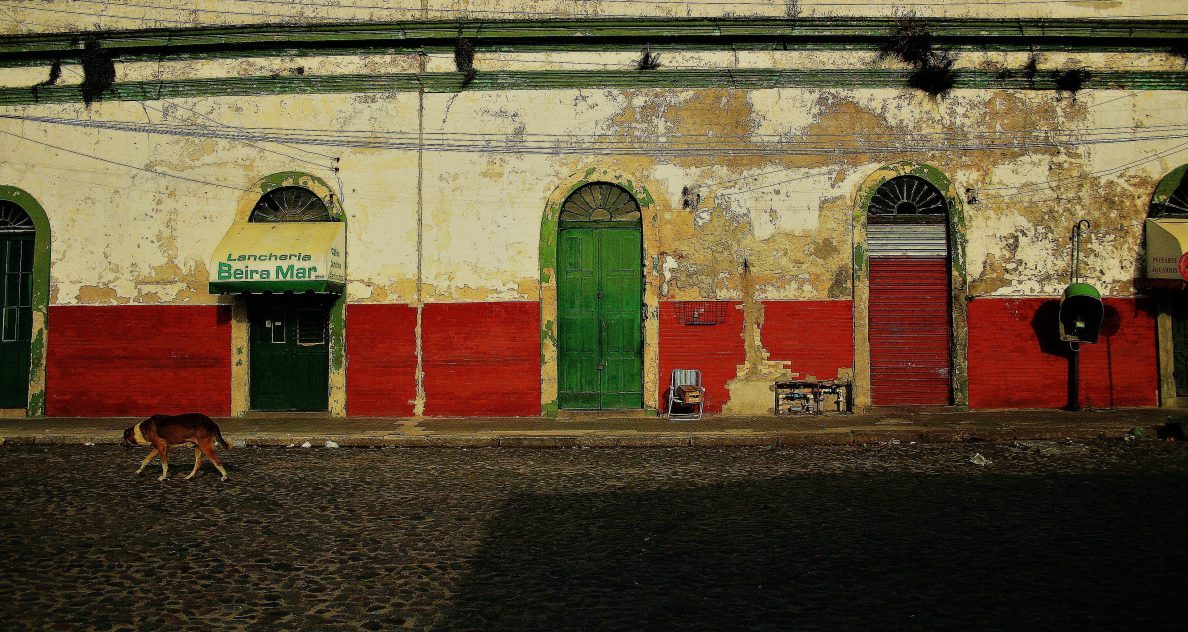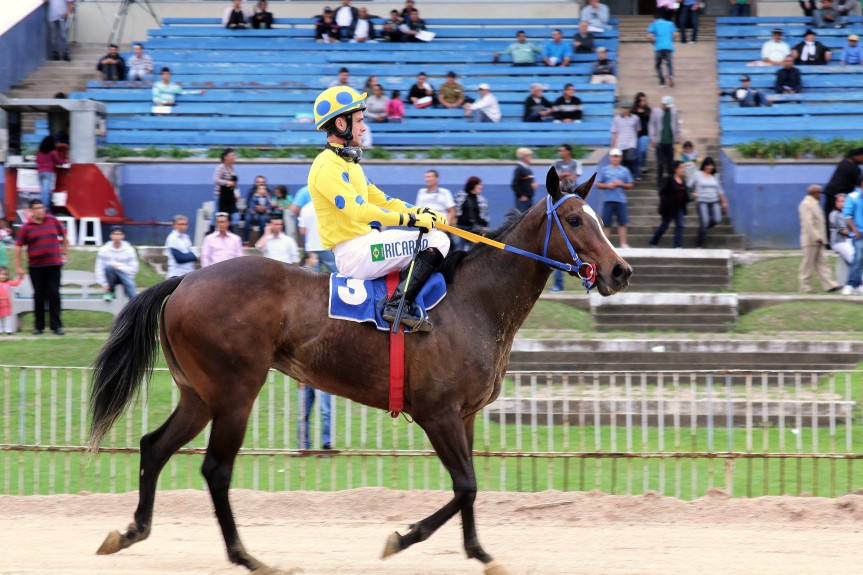
Poucas são as surpresas em romances cujo enredo é a II Guerra Mundial. No entanto, a temática ainda está inserida e ficará por toda a eternidade no “para nunca mais esquecer e ser repetido”. O primeiro item sim, está sempre presente em nossos pensamentos. O segundo, se repete não a cada período se não que a cada ano ou a cada seis meses ou a cada um mês ou a cada dia. O terror imposto então pelo nazismo e todas as suas causas e consequências cujas marcas são profundas estão vivas e se manifestam de formas diversas. A humanidade está ferida de morte, as cicatrizes deixadas na década de quarenta do século passado não cicatrizaram o suficiente para ficarem lá atrás, naqueles tempos. A ponte invísivel, romance de estreia de Julie Orringer narra a trajetória dos irmãos húngaros Andras e Tibor Lévi pouco antes de o grande conflito bélico iniciar até o seu final, em 1945. Todavia, mais que narrar o que poderia ser as suas aventuras, os caminhos que levam Andras para Paris estudar na École Spéciale d´Architecture e Tibor viajar para Modena, na Itália, cursar Medicina, se encontram e desencontram em meio a intolerância, ao absurdo e a irracionalidade de uma guerra que além de dominar territórios se propõe a exterminar um povo. A família judaica Lévi é o centro da narrativa de Orringer. E mostra o quanto na Hungria os judeus eram tratados. Convém lembrar que o país magiar era aliado da Alemanha e naquele período o tratamento dado aos reféns judeus era diferente dos que iam diretamente para os campos de concentração. Porém, não menos cruel, não menos desumano, não menos criminoso. Os trabalhos mais leves que recebiam, ao serem “convocados” eram do tipo limpeza de campos minados, por exemplo. A convocação durava em torno de dois anos, depois retornavam para suas casas, onde as famílias tentavam viver uma vida normal, até a próxima convocação. A pequena Konyár dos Lévi é onde tudo começa e se vai se estendendo para Budapeste, Paris, Modena, e em círculos, relacionamento afetivos seja de amor entre Andras e Klara, os matizes artísticos do irmão mais novo Mátyás, as amizades nos campos de trabalho, a perversidade de alguns personagens comuns no início do romance que em meio a narrativa vão revelando suas verdadeiras faces, até o desfecho de tudo, os anos afundam a humanidade em uma assustadora névoa de desesperança e falta de perspectiva. E ao mesmo tempo também se mostra em toda a sua luminosidade para que m sabe um mundo melhor, mais livre, mais tolerante, mais justo e humano. A história contada por Julie Orringer é muito pessoal, e mais que traçar um comentário sobre as 728 páginas do livro, a sua leitura é essecial. Pode ser lenta, pelo volume de páginas, pelo volume de informações. Entretanto, a exemplo do filme, O jogo da Imitação é transformado em linguagem fílmica ou em linguagem escrita que se aproxima perigosamente dos dias atuais. Mudam as formas, as estéticas, as expressões, o requinte com que se brinca com as vidas e como se decide se continuam a ser vidas ou apenas lembranças. Livro que deve ser lido, refletido para além de ser um romance e ser, quem sabe, um dos alicerces do pensamento do quanto temos que amadurecer como seres humanos e transformar a humanidade. Mais que exemplo, a realidade posta diante de nossas vidas e em nossa capacidade de decidir. Pela paz.

There are few surprises in novels whose plot is World War II. However, the theme is still inserted and will remain for all eternity inserted in the “never to forget and be repeated”. The first item, yes, is always present in our thoughts. The second is repeated not every period if not every year or every six months or every month or every day. The terror imposed by Nazism and all its causes and consequences whose marks are deep are alive and manifest in diverse forms. Humanity is mortally wounded, the scars left in the forties of the last century have not healed enough to be back there in those times. Julie Orringer’s debut novel The Invisible Bridge chronicles the trajectory of the Hungarian brothers Andras and Tibor Lévi shortly before the great war began until its end in 1945. However, rather than narrating what their adventures might be, the paths that take Andras to Paris to study in the École Spéciale d’Architecture and Tibor travel to Modena, Italy, to study Medicine, meet and disagree amid the intolerance, the absurdity and the irrationality of a war that in addition to dominating territories proposes to exterminate a people. The Jewish family Levi is the center of Orringer’s narrative. And it shows how much the Jews in Hungary were treated. It should be remembered that the Magyar country was allied with Germany, and at that time the treatment of the Jewish hostages was different from those going directly to the concentration camps. But no less cruel, no less inhuman, no less criminal. The lighter jobs that they received, when “called” were of the type cleaning of minefields, for example. The summons lasted for about two years, then returned to their homes, where families tried to live a normal life until the next summons. The little Konyár dos Levi is where everything begins and if it extends to Budapest, Paris, Modena, and in circles, affectionate relationship is between Andras and Klara love, the artistic nuances of the younger brother Mátyás, the friendships in the fields of work , the perversity of some common characters at the beginning of the novel that in the middle of the narrative reveal their true faces, until the end of everything, years sink humanity in a frightening haze of hopelessness and lack of perspective. And at the same time it also shows itself in all its luminosity so that it knows a better, freer, more tolerant, more just and human world. The story told by Julie Orringer is very personal, and more than trace, and here I write, a comment on the 728 pages of the book, I indicate its reading. It may be slow, because of the volume of pages, by the volume of information. However, like the movie, The Imitation Game is transformed into filmic language or written language is dangerously approaching today. They change the forms, the aesthetics, the expressions, the refinement with which one plays with the lives and how one decides if they continue to be lives or only memories. A book that must be read, reflected in addition to being a novel and perhaps one of the foundations of thinking how much we have to mature as human beings and transform humanity. More than an example, the reality put before our lives and our ability to decide. For peace.






















Você precisa fazer login para comentar.